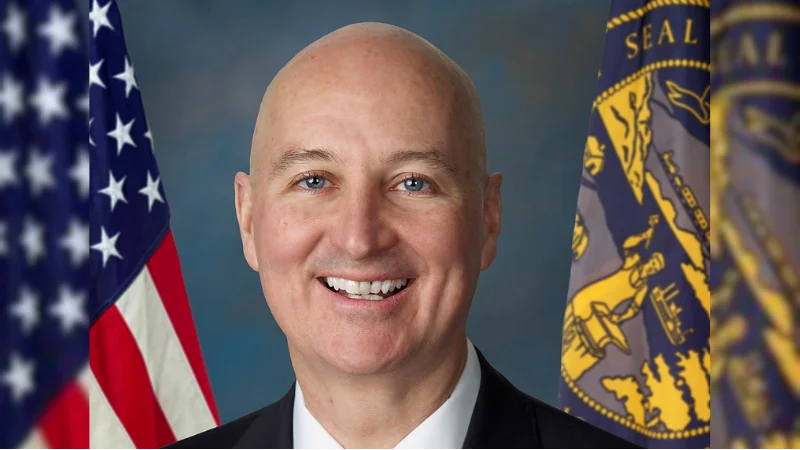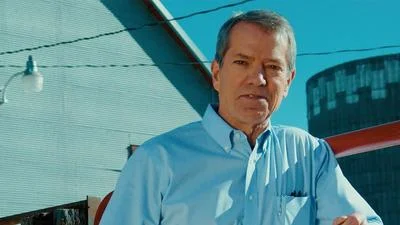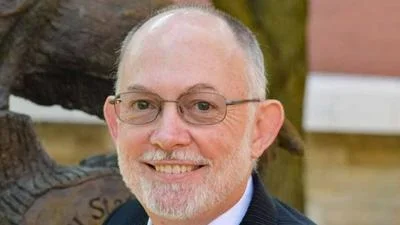Senator Pete Ricketts, US Senator for Nebraska | Sen. Pete Ricketts Official U.S. Senate headshot
Senator Pete Ricketts, US Senator for Nebraska | Sen. Pete Ricketts Official U.S. Senate headshot
During a Senate Foreign Relations Committee hearing, U.S. Senator Pete Ricketts (R-NE) addressed government efficiency with Michael Rigas, Deputy Secretary of State for Management and Resources.
“I was governor of Nebraska, and one of the things we focused on was government efficiency,” said Ricketts. “In fact, we actually combined different agencies together, similar to what you’re doing with your different offices here. One of the other things we did is we trained 30,000 people of our state teammates in Lean Six Sigma, which is a process improvement methodology we’ve discussed. Because of that investment, we were able to save our state teammates 900,000 hours of their time by finding simpler steps. So, we reduced the amount of time it took them to it took them to do things and saved taxpayers $115 million. The private sector has competition to drive that. Government obviously does not.”
Ricketts expressed agreement with statements from Secretary Rubio regarding the complexity of the State Department’s current organizational structure.
“Perhaps you’ve heard the phrase that if everything’s a priority, nothing’s a priority. One of the ways that you could assess that is by looking at an org chart,” said Ricketts. “So, I decided to look at the org chart… Visually, you can see that it’s just a lot more complicated after the Biden administration. In fact, I count there’s 16 additional bureaus and offices that were added over the last two decades. And you know, to me, this is an indication that there could be bureaucratic bloat in your organization, similar to what maybe you just described here, and not that organizations shouldn’t change. Organizations should change, and they should adapt to the new circumstances… More does not necessarily translate to better.”
The hearing was titled “Reforming the State Department to Compete in the 21st Century” and featured testimony from Michael Rigas.





 Alerts Sign-up
Alerts Sign-up